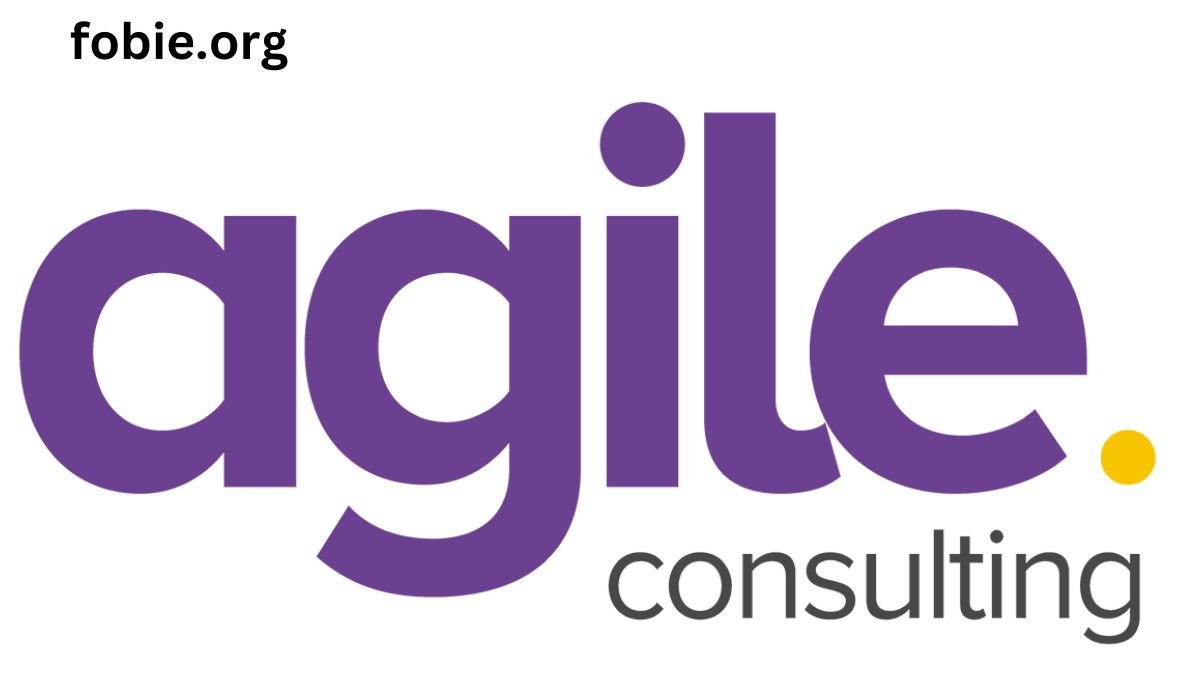In today’s fast-paced digital era, businesses are continuously seeking ways to stay ahead of the curve. Agile methodologies offer the flexibility, speed, and stakeholder engagement necessary to adapt to ever-changing market dynamics. These methods assist in breaking up intricate projects into smaller parts, enabling teams to concentrate on providing gradual benefits.
Agile consulting services empower organizations to embrace iterative development and continuous improvement, which are crucial elements in any digital transformation project. Agile helps businesses swiftly respond to new opportunities and challenges by focusing on incremental progress and fostering collaboration. This step-by-step method improves project visibility and helps with resource control, resulting in improved efficiency and effectiveness.
Key Takeaways
- Agile methodologies are essential for the achievement of digital transformation project success.
- Benefits of Agile consulting services include enhanced project flexibility, faster time-to-market, and improved stakeholder engagement.
- Real-world applications highlight the transformative potential of Agile approaches in various sectors.
Table of Contents
- Introduction to Agile and Digital Transformation
- The Benefits of Agile Consulting Services
- Flexibility and Adaptability
- Speed and Efficiency
- Stakeholder Engagement
- Implementing Agile in Digital Transformation
- Steps to Get Started
- Common Pitfalls and How to Avoid Them
- Real-Life Examples of Agile in Action
- How to Choose the Right Agile Consulting Partner
- Conclusion
Introduction to Agile and Digital Transformation
Agile methodologies have become increasingly vital in digital transformation. Leveraging agile consulting services is one of the most effective strategies to ensure successful digital transformation. Agile focuses on iterative progress, which allows teams to develop solutions incrementally, making adjustments as needed. This approach mainly benefits digital transformation projects, where goals and requirements can change rapidly. Agile’s emphasis on adaptability ensures that projects remain aligned with business objectives, even when those objectives evolve.
Digital transformation involves incorporating digital technology across all aspects of a business, leading to a fundamental shift in operations and customer value delivery. It involves reimagining business processes, culture, and customer experiences to meet new market demands. Combined with Agile, digital transformation becomes more manageable and more likely to succeed. Agile provides the framework that enables continuous innovation and responsiveness, which is essential for thriving in today’s competitive landscape.
The Benefits of Agile Consulting Services
Flexibility and Adaptability
One of Agile’s primary benefits is its flexibility. Agile consulting services allow organizations to adapt their strategies quickly to market changes and emerging technologies. This adaptability is essential for businesses aiming to stay competitive in today’s dynamic environment. By encouraging iterative progress, Agile ensures that teams can pivot and adjust their focus as new information and market conditions arise.
According to Forbes, business agility is critical to digital evolution. Companies that can quickly adapt their strategies are better positioned to capitalize on new opportunities and mitigate risks. This ability to be agile in strategy and execution helps organizations maintain a competitive edge, even in uncertain times.
Speed and Efficiency
Agile methodologies are designed to speed up the development process. By breaking down projects into smaller, manageable tasks, teams can deliver results faster. Agile’s focus on short development cycles, known as sprints, allows for rapid delivery of functional components that can be tested and refined quickly. This increased speed is critical in digital transformation projects, where time-to-market can significantly impact a company’s competitive advantage.
Fast-paced delivery reduces the delay between identifying a business need and providing a solution. Agile practices also promote continuous integration and testing, ensuring that products are developed with high standards of quality right from the start. This approach accelerates project timelines and minimizes the risks of lengthy development cycles.
Stakeholder Engagement
Agile consulting services also enhance stakeholder engagement. By involving stakeholders throughout the project lifecycle, Agile ensures that their needs and expectations are met, fostering a sense of ownership and collaboration. Regular feedback loops and review meetings keep stakeholders informed and engaged, which leads to more robust and user-friendly solutions. Improved communication and transparency help build trust and ensure project success.
Active stakeholder engagement translates to higher satisfaction levels, as stakeholders can see the progress made and have their inputs considered in real time. This collaborative approach reduces the likelihood of scope creep and ensures that the final deliverables align closely with stakeholder expectations. Effective engagement also helps identify potential issues early, allowing for timely interventions and course corrections.
Implementing Agile in Digital Transformation
Steps to Get Started
Implementing Agile in digital transformation initiatives requires careful planning and execution. Begin by assessing your current processes to identify areas for improvement. Understanding your existing workflows and pain points is crucial for determining how Agile can be integrated effectively. Next, train and onboard your teams to Agile principles and practices. Comprehensive training programs help team members grasp the core concepts of Agile and its benefits.
Finally, Agile tools and software should be integrated to facilitate project management and collaboration. Tools like Jira, Trello, and Slack can streamline workflow management, allowing teams to coordinate tasks more efficiently. Proper tool integration ensures that Agile practices are consistently applied across projects, enhancing overall productivity and outcomes.
Common Pitfalls and How to Avoid Them
While Agile offers many benefits, it also comes with its challenges. Common pitfalls include resistance to change, lack of clear goals, and inadequate training. Resistance to change often arises from a lack of understanding or fear of the unknown. To overcome this, it’s essential to foster a culture of continuous improvement, set clear objectives, and provide comprehensive training.
According to the CIO, addressing these challenges early can significantly improve the chances of successful Agile adoption. Teams can work more efficiently towards a shared goal by setting clear expectations and objectives, ensuring everyone is on the same page. Regular training and workshops can help teams better understand and embrace Agile practices.
Real-Life Examples of Agile in Action
Numerous case studies exist of companies that have successfully implemented Agile methodologies to drive digital transformation. From tech giants like Google and Microsoft to small startups, organizations across various sectors have reaped the benefits of Agile approaches. These examples highlight the transformative potential of Agile in enhancing efficiency, driving innovation, and meeting customer expectations.
For instance, a leading financial services company utilized Agile to overhaul its customer service operations. By implementing iterative improvements, the company reduced response times significantly and enhanced customer satisfaction. Similarly, a healthcare provider adopted Agile to streamline its patient management system, resulting in more efficient processes and better patient outcomes. These real-life examples underscore the versatility and effectiveness of Agile in different industries.
How to Choose the Right Agile Consulting Partner
Choosing the correct Agile consulting partner is essential for the successful outcome of your digital transformation efforts. Search for a company that has a verified history of success, extensive knowledge in Agile practices, and a thorough comprehension of your field. A partner who has a solid track record of successful projects can offer valuable advice and proven strategies customized to fit your requirements.
Ask potential consultants about their approach, experience, and the results they have achieved for other clients. Understanding their methodology and past successes can give you a clearer picture of what to expect. Developing a prosperous, lasting partnership necessitates effective communication, mutual trust, and a common goal for achievement. A reliable Agile consulting partner will cooperate with your team, offering advice and assistance during the transformation process.
Conclusion
Agile consulting services are instrumental in transforming digital transformation initiatives. By offering flexibility, speed, and improved stakeholder engagement, Agile methodologies enable businesses to adapt swiftly to market changes and deliver superior value to customers. With industries being reshaped by digital transformation, it is crucial to adopt Agile in order to remain competitive and achieve lasting success. The synergy between Agile and digital transformation drives innovation and ensures organizations remain resilient and responsive in an ever-evolving market.











